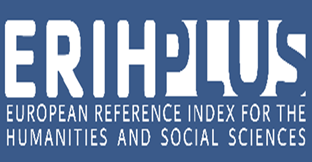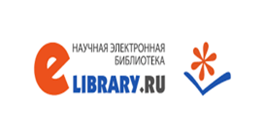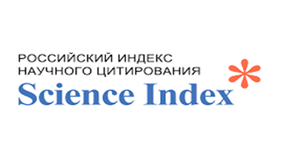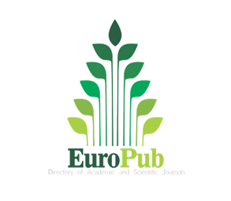Interlingual transformation of cultural texts in the Turkish language about the latest translation of A.S. Pushkin «Evgeny Onegin»
Views: 219 / PDF downloads: 280
DOI:
https://doi.org/10.32523/2664-5157-2023-3-161-171Keywords:
translator’s school, dialogue of cultures, translation, gaps, linguacultural background, poetic language, translatability, Russian and Turkish languages.Abstract
The article presents the results of the work of the School for a Young Translator, carried out on the initiative of the Institute of the Russian Language of the P. Lumumba Peoples’ Friendship University together with the representative office of Rossotrudnichestvo in Ankara and the Ankara University of Social Sciences. Within the framework of the school, interactive lectures were given on the general theory of translation, on translation as a process of interlingual transformation,
on the types of translation transformations and intertextual connections of the original text, on the linguacultural background knowledge of the translator and the theory of lacunization. During practical classes, students were offered a questionnaire for determining intercultural connotations, created on the basis of the developments of Yu.A. Sorokin, as well as poems by A.A. Feta and short poems by Can Yucel and Aziz Nesin for independent translation from Russian into Turkish and from Turkish into Russian, respectively.
The main event in the work of the school was the presentation of a new translation of the novel in verse by A.S. Pushkin “Eugene Onegin”. The translator of the novel, philologist and writer Sabri Gürses spoke about the difficulties of translating Russian poetry into Turkish, about the importance of knowing the general cultural, historical and literary background for creating any translated literary text. One of the main tasks of the translation of “Eugene Onegin” is to preserve the language of A.S. Pushkin as a complex stylistic system, which includes not only all the styles of speech of that era, but also book-archaic phrases and Old Slavonicisms, therefore the Turkish language of his translation should include all these styles and correspond to the speech image of the characters.
Downloads
Reference
Barhudarov L.S., 2010. Jazyk i perevod. Voprosy obshhej i chastnoj teorii perevoda [Language and translation. Questions of general and particular theory of translation]. 3rd Ed. Moscow: LKI Publ. 240 p. [in Russian].
Voprosnik po osobennostjam rechevogo povedenija narodov mira [Questionnaire on the peculiarities of speech behavior of the peoples of the world], 1977. Nacional’no-kul’turnaja specifika rechevogo povedenija [National-cultural specificity of speech behavior]. Moscow: Nauka Publ. 352 p. [in Russian].
Galimullina A., 2021. Hudozhestvennoe svoeobrazie proizvedenij Renata Harisa dlya detej [Artistic originality of the works of Renat Haris for children]. Turkic Studies Journal, 1(2). P. 12-20. https://doi.org/10.32523/tsj.02-2019/2-2 [in Russian].
Kozan O., 2010. Problemy poeticheskogo perevoda s russkogo na tureckij yazyk: «Rekviem» A. Ahmatovoj [Problems of poetic translation from Russian into Turkish: “Requiem” by A. Akhmatova]. Littera. 26. P. 191–196. [in Russian].
Lakuny v jazyke i rechi, 2003. Sb. nauchnyh trudov. Pod red. Ju.A. Sorokina, G.V. Bykovoj. [Lacunae in language and speech, 2003. Collection of scientific papers. Edited by Yu.A. Sorokin, G.V. Bykova]. Blagoveshchensk: Blagoveshchensk State Pedagogical University Publ., 257 p. [in Russian].
Markovina I.Ju., Sorokin Ju.A., 2010. Kul’tura i tekst. Vvedenie v lakunologiju [Culture and texture. Involvement in lacunology]. Moscow: Getar-Media Publ.144 p. [in Russian].
Lihachev D.S., 1973. Razvitie russkoj literatury X–XVII vekov. Epohi i stili [The development of Russian literature of the X–XVII centuries. Epochs and styles]. Leningrad: Nauka Publ. 254 p. [in Russian].
Nabokov V., 1999. Kommentarii k «Evgeniyu Oneginu» Aleksandra Pushkina. [Eugene Onegin: A novel in verse. Translated from the Russian, with a commentary, by Vladimir Nabokov]. Moscow: NPK Intelvak Publ. 1008 p. [in Russian].
Berman A., 1984. L’Epreuve de l’étranger. Culture et traduction dans l’Allemagne romantique [The Experience of the Foreign: Culture and Translation in Romantic Germany]. Paris: Gallimard. 324 p. [in French].
Berman A., 1999. La traduction et la lettre, ou L’auberge du lointain [The Translation and the Letter or the Inn of the remote]. Paris: Seuil. 141 p. [in French].
Baer Brian James, 2016. Translation and the Making of Modern Russian Literature. 214 p.
Murat Nemet-Nejat, 2004. The Idea of a Book. Eda: An Anthology of Contemporary Turkish Poetry. 367 p.
Pennycook Alastair, 2008. English as a Language Always in Translation. European Journal of English Studies. 12(1). P. 33-47.
Pushkin A., 2017. Yevgeni Onegin. Çevirmen: Sabri Gürses. Çeviribilim&Alfa. Istanbul. 472 p. [in Turkish].
Tjurkan Oldzhaj, 2010. Recepcija perevodov russkih literaturno-hudozhestvennyh proizvedenij v Turcii [Reception of translations of Russian literary and artistic works in Turkey]. International Journal of Russian Studies. Uluslararası Rusya Araştırmaları Dergisi. 3/1. P. 23-44. [in Russian].
Sovyet Şairleri Antolojisi [Anthology of Soviet Poets], 2009. Türkiye. Ankara: Elips Kitapları Publ. 292 p. [in Turkish].
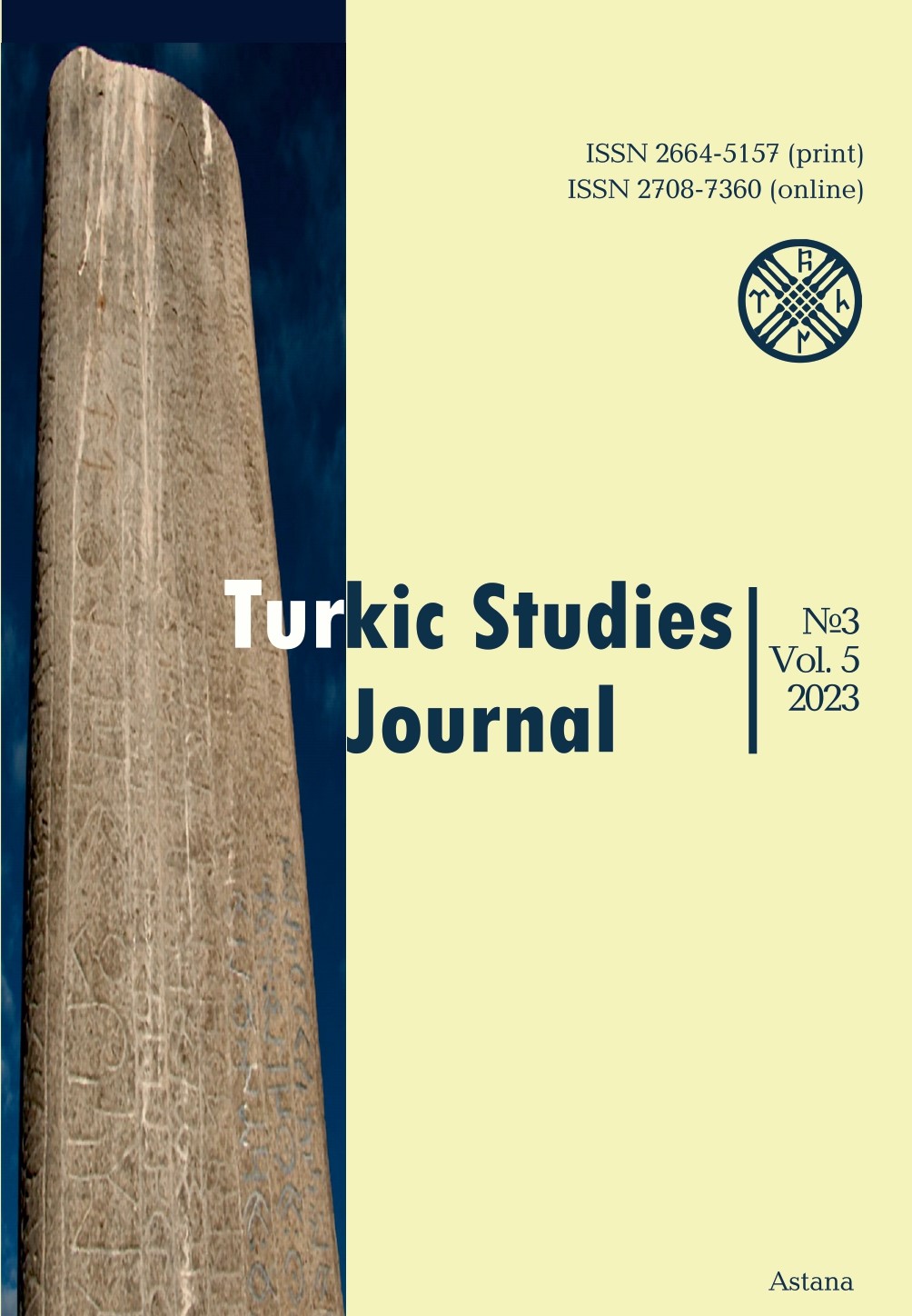
Downloads
Published
How to Cite
Issue
Section
License
Copyright (c) 2023 Turkic Studies Journal

This work is licensed under a Creative Commons Attribution-NonCommercial 4.0 International License.









